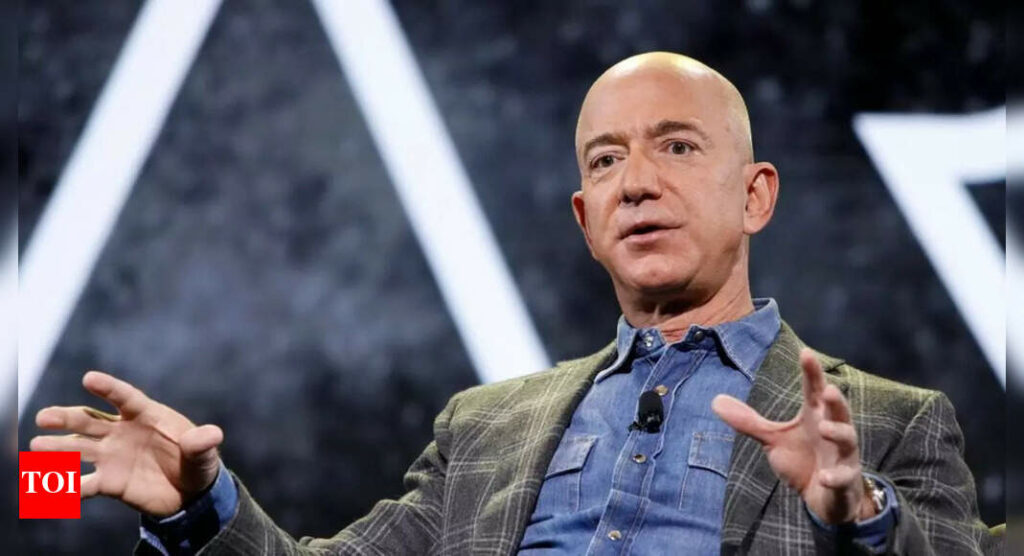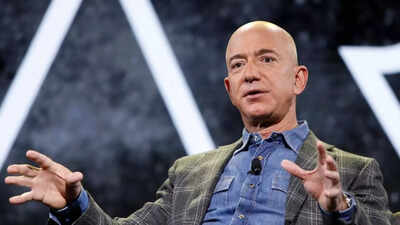Amazon founder Jeff Bezos said that raising the company’s first $1 million was the hardest thing he had ever done. Speaking at The New York Times DealBook Summit in December 2024 with moderator Andrew Ross Sorkin, Bezos recalled that in 1995, to raise the first $1 million in seed funding for Amazon, he sold 20% of the company at a $5 million valuation to 22 angel investors, each contributing around $50,000. It took him about 60 pitches to secure those investments. At the time, many potential investors did not even know what the Internet was, Bezos said. He added that he warned them that there was a 70% chance they would lose their money. “If those 22 had said no,” he said, “none of this would exist.”
Bezos said the early struggle shaped Amazon’s culture of persistence. “Conviction matters”, explaining that overcoming skepticism in the beginning was crucial.
Amazon was founded by Bezos in 1994. He started the company in a garage in Seattle, Washington, originally selling books online. Over time, Amazon expanded into other areas like cloud computing, streaming, groceries, and artificial intelligence.
The early gamble turned out to be very successful. Today, Amazon’s market value is close to $1.99 trillion, according to TradingEconomics. If the original 20% stake had not been diluted over time, it would be worth about $400 billion today. A single $50,000 investment from 1995 would now be worth around $18 billion.
Jeff Bezos shares advice for founders
Bezos also spoke about how founders often “overestimate risks and underestimate opportunities.” He said he tries to think differently by focusing more on the possibilities than the dangers. What appears as confidence, he explained, is actually “compensating for that human bias.” He added that thinking small leads to small results because it becomes a “self-fulfilling prophecy.”
Amazon founder on Trump’s second term
During the conversation, Bezos also talked about Donald Trump’s second term as US president. He said that lighter regulations could boost business activity and suggested that Washington should focus on controlling spending while encouraging faster economic growth. He said the goal should be to grow the economy by 3% to 5% each year, so the national debt grows more slowly than the economy itself.







